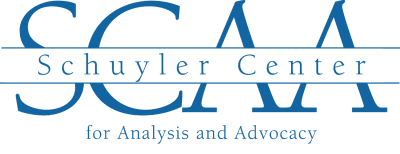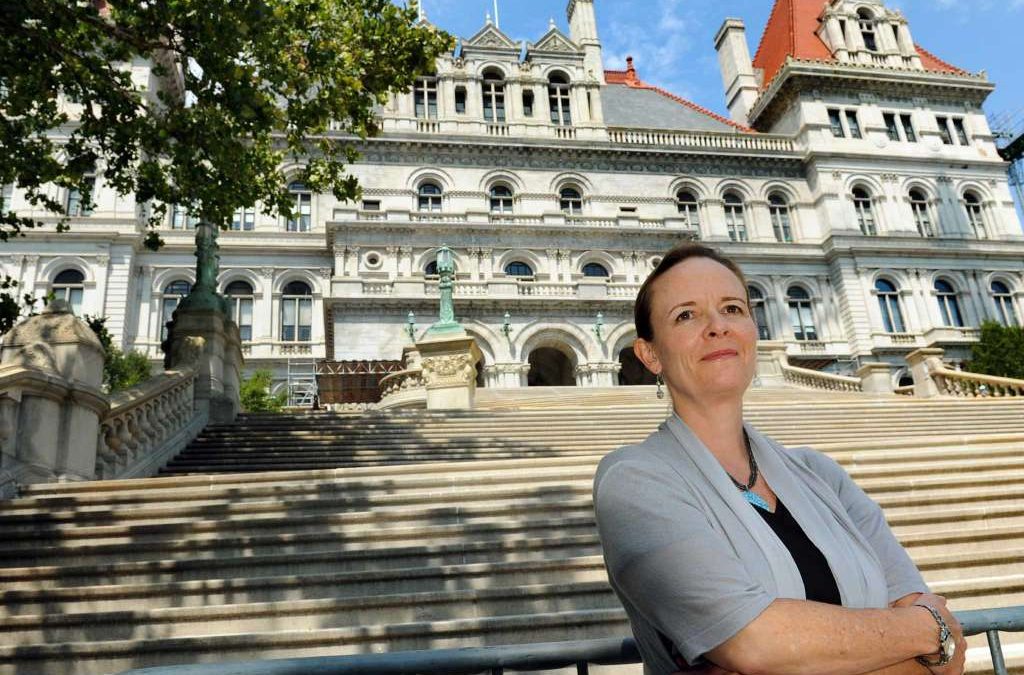This year’s legislative session began with much discussion about poverty and New York’s extreme income inequality (see SCAA’s infographic). At Schuyler Center’s January policy forum, three New York mayors addressed the impact inequality has on their cities and the ways they are trying to address it. The Governor called attention to the issue of income inequality in his budget’s “Opportunity Agenda”, which called for an increase in the minimum wage and included regional economic development, property tax relief and a Rochester task force on poverty. However, as the New York State Fiscal Year 2015-16 budget negotiations closed, with little serious investment in low-income children and families in the enacted budget, it is hard to find evidence of our State’s commitment to alleviating burdens on low-income families or, even more importantly, helping to pave a path to success for those families. An increase in the minimum wage and Earned Income Tax Credit, funds to meet the high demand for child care slots, and expanding access to maternal, infant home visiting programs that strengthen young families and reduce child abuse and neglect – were, indeed, missed opportunities in the 2015-16 budget.
We remain hopeful that, in the coming weeks, the Legislature and Governor will increase New York’s minimum wage to $15 per hour and link it to inflation, as well as taking action on paid family leave and property tax relief for low-income renters and homeowners, another important support for families which could be considered post-budget.
We have tools to address poverty and inequality; we need leaders with the political will to use and advance them. We need an intentional focus and we need to measure our results over the long term. The biggest challenge is that most solutions are not short-term fixes. Many solutions and investments will take longer than an election cycle to bear fruit. They will certainly take more than a one-year budget cycle to reap savings. This is a significant barrier in today’s political environment. Our job as residents of this great state is to convince our leaders to make tough choices and serious investments now that generate outcomes that they may not be able to claim in time for the next election. [/vc_column_text]


Recent Comments